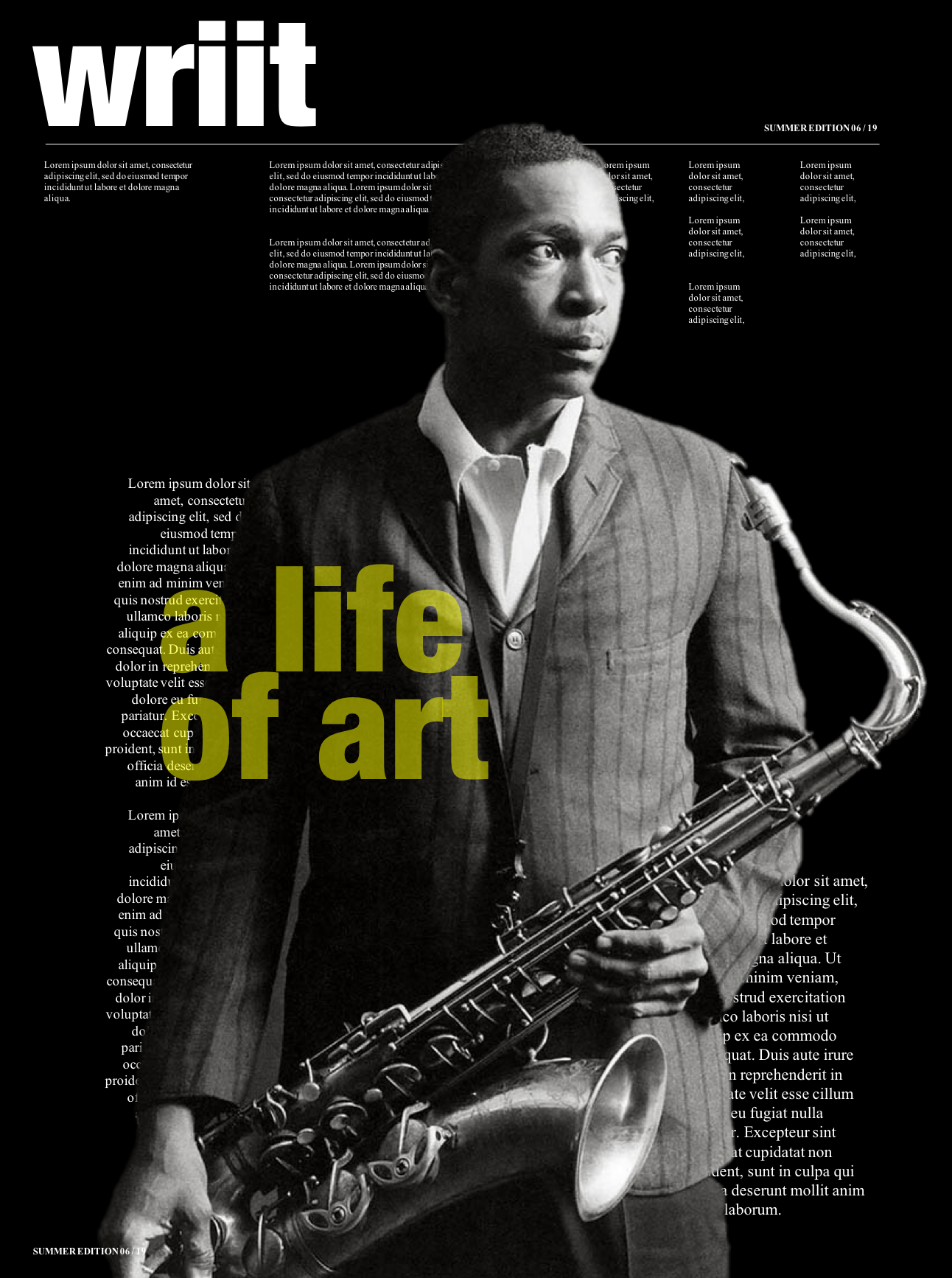The brand’s new ad uses soccer’s biggest weakness to highlight Messi’s greatest strength.
It’s tough to argue against Lionel Messi as the best soccer player in the world. He’s not the biggest, nor the strongest, nor the fastest, but he possesses skills and vision that take his game to a higher level. He also manages to pull off cheeky penalty shots, and with just two teammates to outscore almost every other team in Europe.

